Not much mention is made of the Heavy Americana genre, mainly because there's only one act that represents it. Bask, from Asheville, North Carolina, concoct a uniquely blended style of post-metal, rock, shoegaze, and, yes, even an undercurrent of country. On their fourth album, The Turning, released via Season of Mist Records, the quintet weathered numerous storms to bring these eight mind-bending tracks to fruition.
The Turning features Bask at their most vulnerable and creative hour. Guitars range from hairy distorted to delicate twang, with clashing melodies and harmonies that somehow engage uniformly. The bass provides a dense buzzing foundation, and the percussion flows freely and well-ventilated. The catharsis of the record is felt primarily on the melodious vocals, where the lyrical concept of peace being upended is communicated.
In my email conversation with lead vocalist/guitarist Zeb Wright and drummer Scott Middleton, we discuss the nooks and crannies of the writing process and the levels of adversity Bask faced in order to finally bring The Turning to the masses..
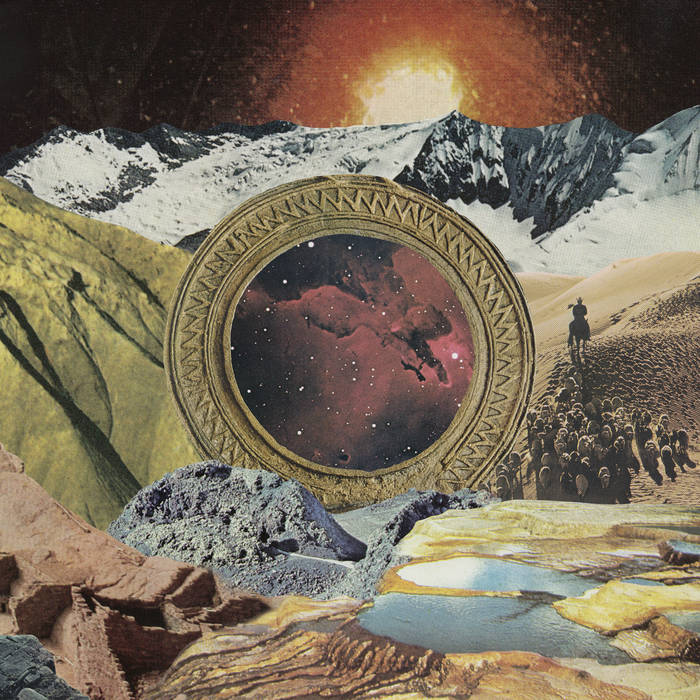
Michael Centrone: How would you describe your distinct style, and how do your experiences in Asheville influence it?
Scott Middleton: Our style is the result of five individuals in a room throwing riffs, ideas, parts, beats, and sections into the blender that is the practice room. We love our tiny mountain city and are always inspired by it. I have many distinctive memories of listening to song demos and various mixes of an album nearing completion while driving the local majestic Blue Ridge Parkway.
Centrone: Do you have any interesting rituals when it comes to writing some of the trippiest rock this side of the Mississippi?
Scott: When getting stuck creatively over the years, we've often utilized Brian Eno's Oblique Strategies. This is a set of cards that keeps creativity open, spontaneous, and inspiring. We were stuck writing "Dig My Heels" for quite a bit, and to assist the process, we drew a card that read "the tape is now the music." The cool part of using this strategy is how subjective a prompt is to each band member. Going this route led to us becoming unstuck and finishing a song we're all proud of.
We are all big proponents of setting the mood in the spaces we create and rehearse within. Getting the mood right with lights and the arrangement of a room is crucial for us.
Centrone: Is there a thematic concept behind your album, The Turning?
Zeb Wright: The Turning is a concept album centered around 'The Rider,' a young woman living on an agrarian planet surrounded by scenic nature, a slow pace of life, and beautiful but harsh winters, until a chance meeting with 'The Traveler,' an inter-dimensional being, finds her tossed into the void. This turn of events finds her reunited with her long-lost father and ignites a personal discovery and power.
Centrone: Besides that storyline, what sets The Turning apart from your previous releases?
Scott: The Turning has more instrumental voices, including piano, cello, trumpet, banjo, and pedal steel. There are more progressive tendencies we tapped into on this album, and I think we did a good job of expanding on our sound.
Zeb: We also had a little more time and freedom during the production to chase sounds and ideas. At its core, the album is the five of us playing together in a room, but we were able to spend a bit more time adding flourishes and finishing touches.
Centrone: How would you say the band has changed since your 2014 debut album, American Hollow?
Scott: I think we've all learned how to collectively be better songwriters since American Hollow—when to push each other and when to pull back and let the music unfold.
Centrone: I read that the path to completing The Turning was an arduous journey. Tell me about that.
Scott: We are very fortunate that we finished tracking the album about a month before Hurricane Helene hit western North Carolina. Kenny Harrington, the engineer, and Zeb worked tirelessly to put out the best album we could.
Zeb: Our last record was released in the fall of 2019, and though we had already begun work on this batch of material, the pandemic slowed our progress way down. We kept chipping away, but between 2020 and 2024 we faced deaths, births, career changes, marriages, and the black-hole-time-suck that was the pandemic. We knew that with so much time between now and our last release, we needed to put everything we could into this album. We’re excited to finally see it out in the world.
Centrone: What were your experiences when the hurricane hit your hometown?
Scott: Hurricane Helene hit on the morning of Friday, September 27th, and we barely had communication with each other for a few days. Even texting was hard to make happen, let alone a phone call. We all saw differing levels of destruction from the storm, from a vehicle being landlocked on a mountain for four days to catastrophic flooding being just a few blocks away. We were supposed to fly out to do a European tour the Tuesday after the hurricane hit. Everything was so upside down that it was difficult for all of us to get on the phone to determine that we had to call it off.
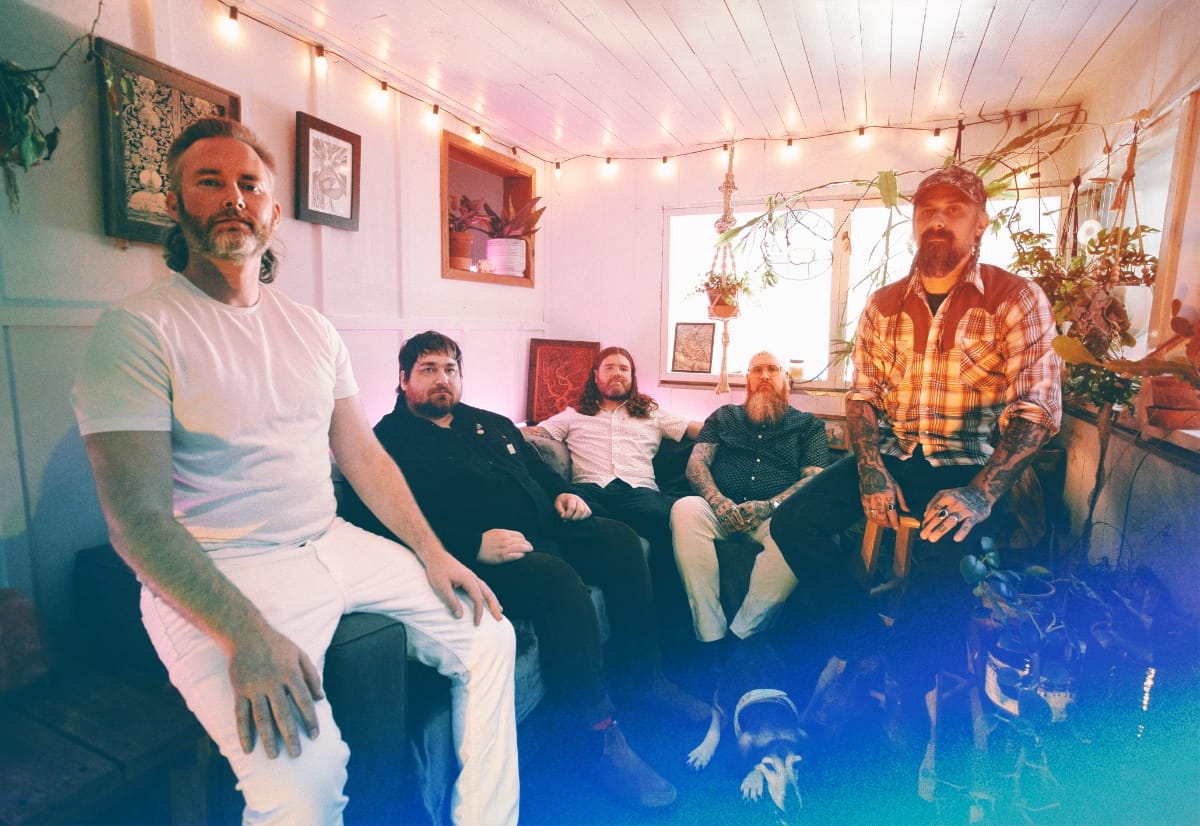
Centrone: What does new member Jed Willis bring to the band?
Scott: Jed brings a lot to the table as a musician. I call him a Swiss Army knife, both with his musical skill set and on the road. On pedal steel, he knows how to add all the right spices to a song and gives parts the mood they call for.
Centrone: Which songs off the new album are you most looking forward to playing live?
Scott: "The Traveler" is fun to play with its odd times and twists and turns. I think "The Cloth" is a bit of an underdog on the album and is exciting with its overall dynamics and cramming a lot into a shorter song. "In the Heat of the Dying Sun" is always great to play with its intensity, and some of the build-up parts with the toms allow for some improvisation on the drum set.
Centrone: "Long Lost Light" seems to be the most emotive song on the record. Can you tell me about its meaning and impact?
Zeb: This song started as a chord progression and a mood with the band pouring all of our collective and individual grief into it. The lyrics needed to embrace and acknowledge the pain but leave a little room for catharsis. Writing and recording was a heavy experience, but hearing it played back in the studio, we found our grief had been transformed into something powerful. The collective work had bonded us and taken something dark and made it beautiful.
Check out more like this:
 The TonearmMichael Centrone
The TonearmMichael Centrone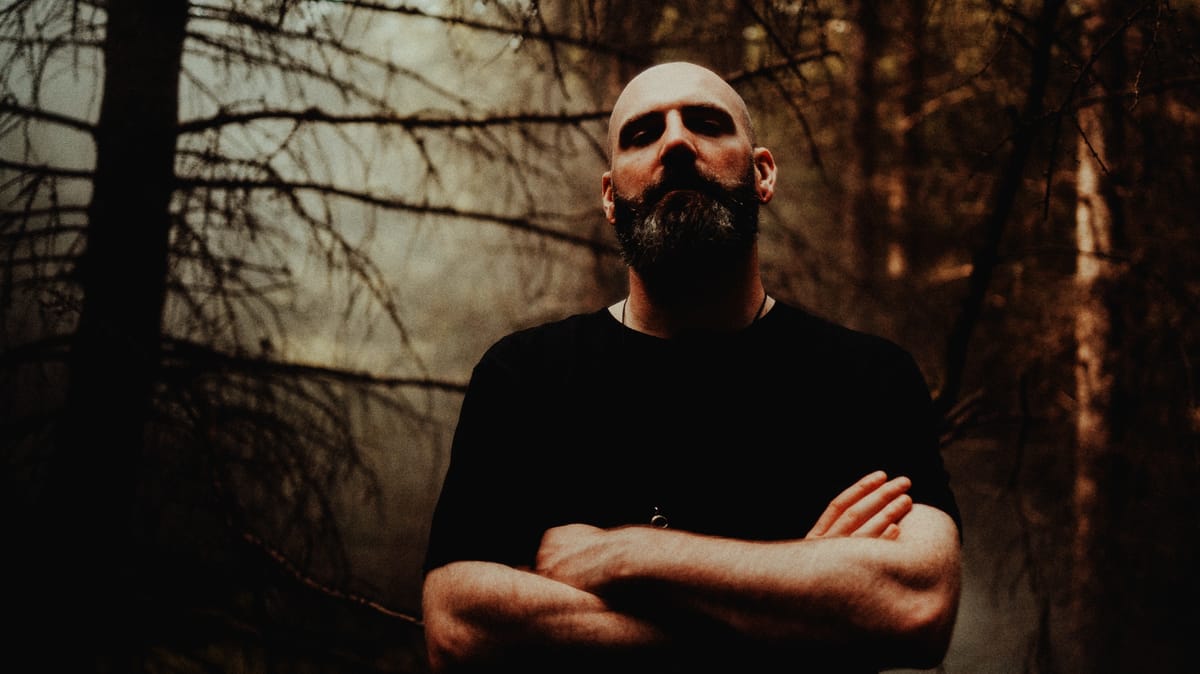
 The TonearmSam Bradley
The TonearmSam Bradley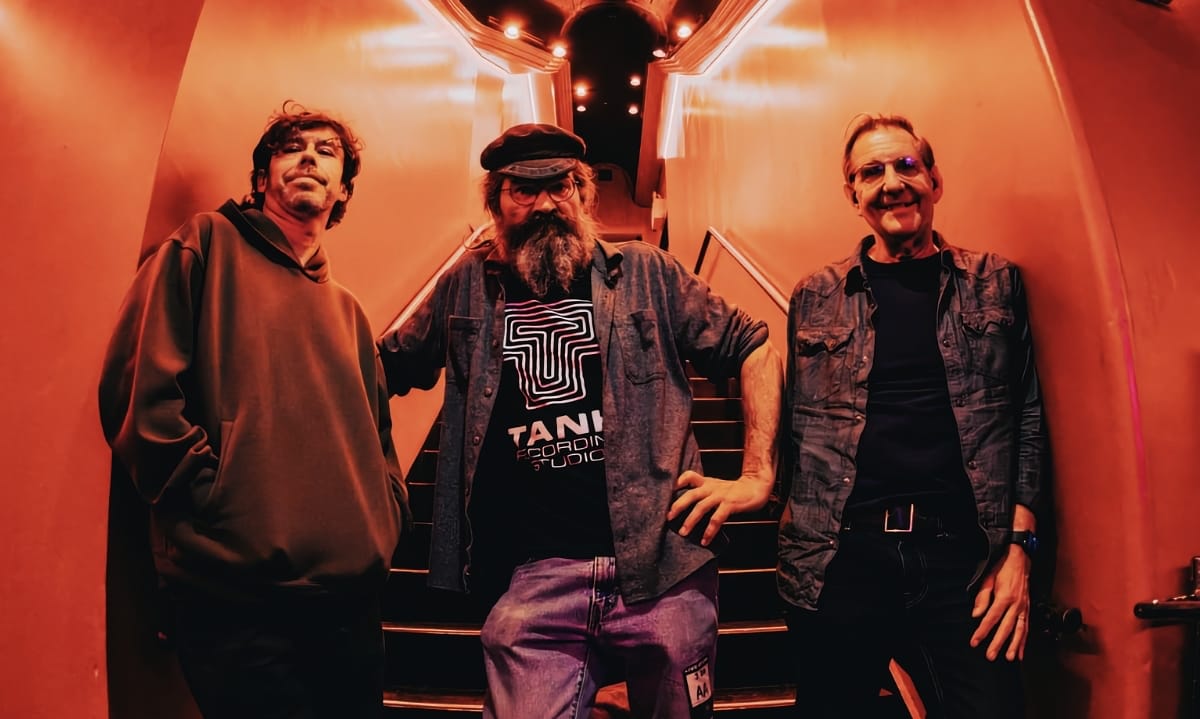


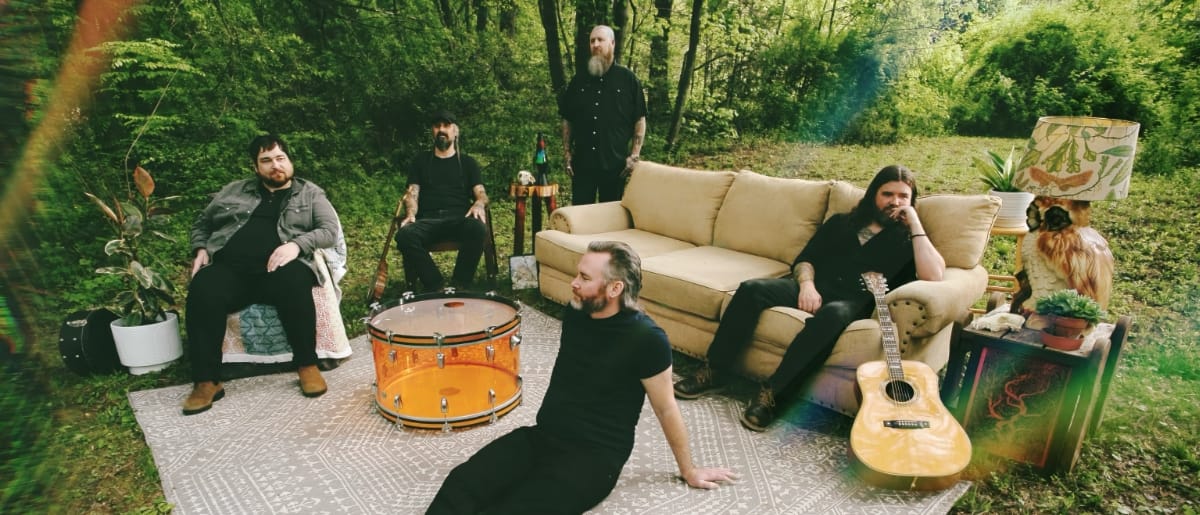
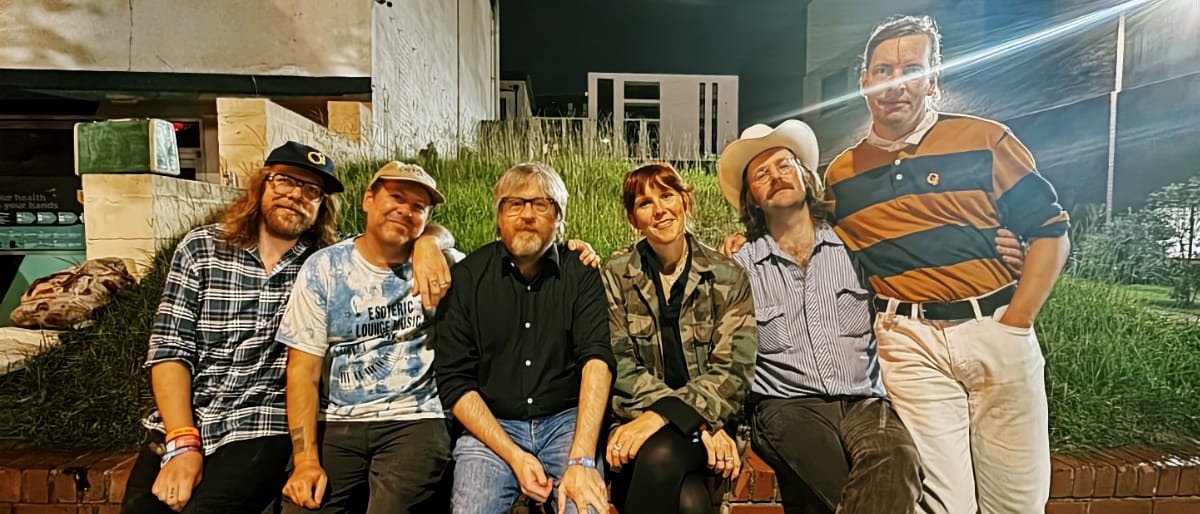
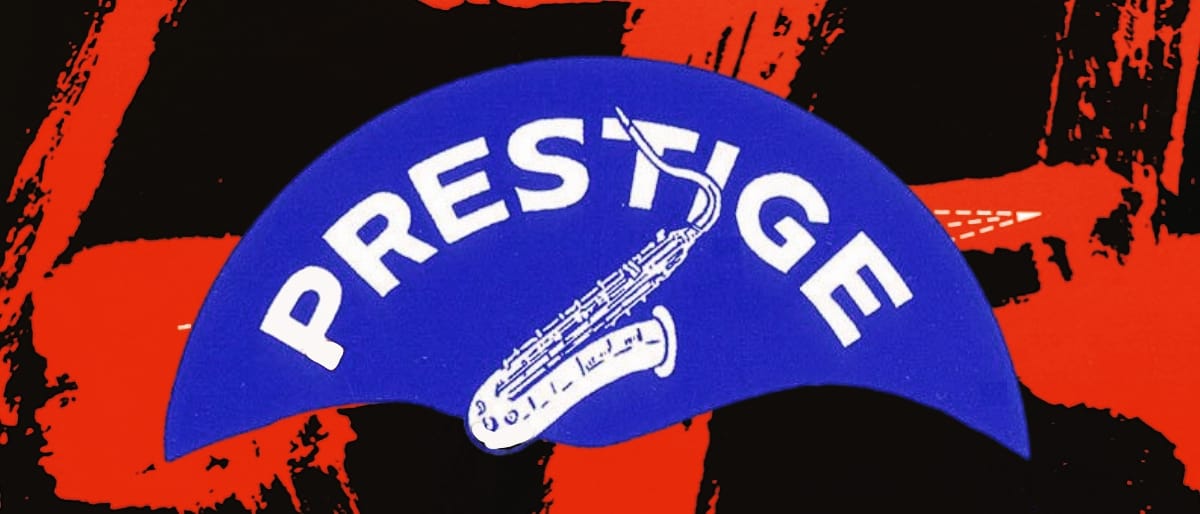
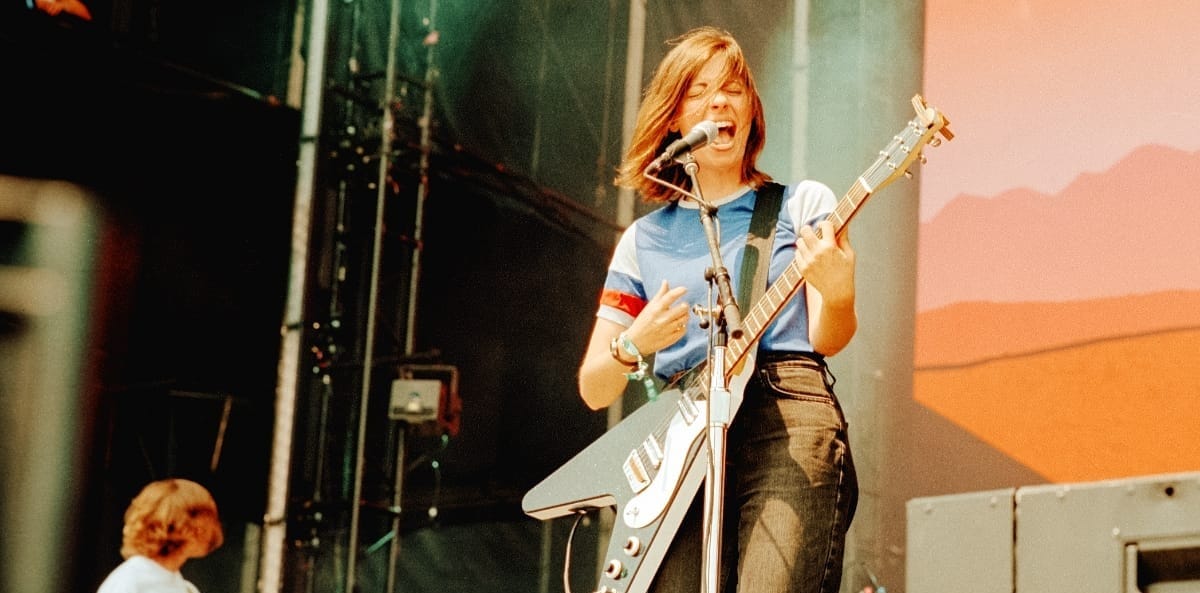
Comments